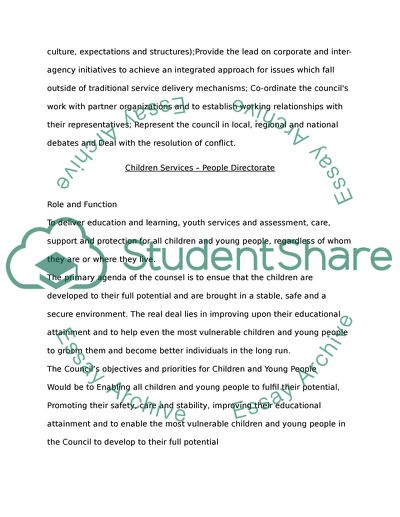Cite this document
(“Personal development through reflective practice Essay”, n.d.)
Retrieved from https://studentshare.org/miscellaneous/1563120-personal-development-through-reflective-practice
Retrieved from https://studentshare.org/miscellaneous/1563120-personal-development-through-reflective-practice
(Personal Development through Reflective Practice Essay)
https://studentshare.org/miscellaneous/1563120-personal-development-through-reflective-practice.
https://studentshare.org/miscellaneous/1563120-personal-development-through-reflective-practice.
“Personal Development through Reflective Practice Essay”, n.d. https://studentshare.org/miscellaneous/1563120-personal-development-through-reflective-practice.


